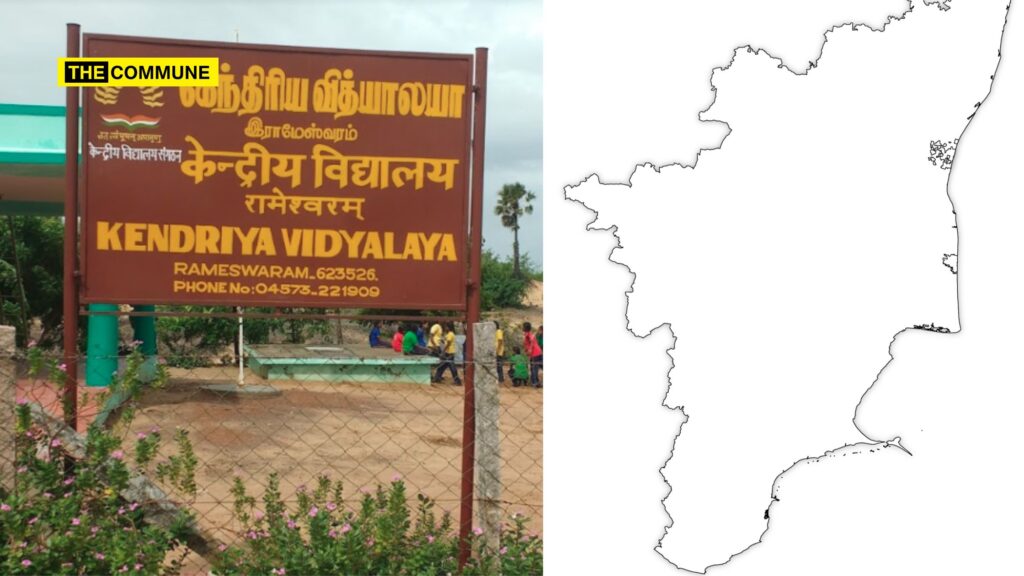On 04 January 2024, Uttar Pradesh CM Yogi Adityanath launched 928 PM SHRI (PM School for Rising India) Schools in Lucknow. In the event, CM Adiyanath mentioned that 1753 schools have been selected to be upgraded as PM SHRI schools throughout the state. Various improvements such as smart classrooms, science labs, digital libraries and sports facilities will be introduced in these schools.
What is PM SHRI school?
The PM SHRI School is a scheme sponsored by the Government of India, centrally designed to establish over 14500 schools under its purview. These schools will be overseen by various entities such as the Central Government, State/UT Governments, local bodies, as well as KVS (Kendriya Vidyalaya Sangathan) and NVS (Navodaya Vidyalaya Samiti). The primary aim is to create an inclusive and nurturing environment for students, ensuring their sense of welcome and care. The initiative seeks to provide a secure and stimulating learning atmosphere, a diverse array of learning opportunities, and adequate physical infrastructure and resources conducive to learning for all students. The goal is to foster students’ development into engaged, productive, and contributing citizens, aligning with the vision outlined in the National Education Policy 2020.
Where Does Tamil Nadu Stand?
Among the southern states, Tamil Nadu is one of the states with the lowest number of PM SHRI schools. There are 24 PM SHRI schools in the state, all of which are Kendriya Vidyalayas. Kerala has 31 PM SHRI schools and all of them are Kendriya Vidyalayas. Karnataka has 176, Andhra Pradesh has 697, Telangana has 566 and Puducherry has 12 schools under the PM SHRI initiative.
Tamil Nadu And Language Politics
Tamil Nadu has always been in the centre of language politics in the modern times. There has been stiff resistance to the establishment of KVS and NVS in the state due to the accusation that Hindi will be “imposed” on students. Whenever there is a question of establishment of Jawahar Navodaya schools, they have been rejected stating “Hindi imposition” and until today, Tamil Nadu remains the only state in the country to not have any Navodaya schools. However, data shows many of the private matriculation schools in the state got converted into CBSE schools. There was nearly more than a 4-fold growth in the number of private CBSE schools during a decade from 2010-2020 in the state. The irony is that DMK, which opposed to Kendriya Vidyalaya stating that Tamil is not mandatorily taught in Kendriya Vidyalaya schools, is opposing the National Education Policy 2020 which mandates mothertongue education until class 8. These double standards of the ruling parties of Tamil Nadu have historically deprived the Tamil Nadu students of their right to learn Hindi for so long. Changing their stance about Hindi and welcoming KVS and NVS into the state will be beneficial for the future generations.
With inputs from PIB
Subscribe to our channels on Telegram, WhatsApp, and Instagram and get the best stories of the day delivered to you personally.

